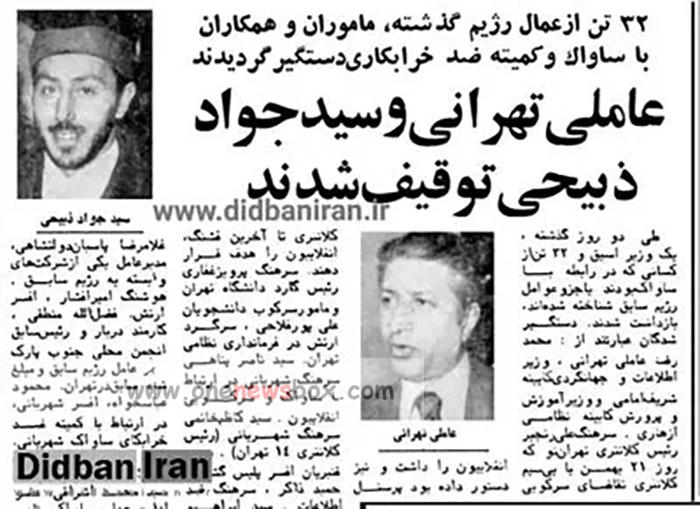Zabihi was deeply committed to religious music and became one of the most recognized voices of supplication (du’a) and the call to prayer (adhan) in Iran. His powerful, resonant voice, rich in emotion and clarity, was frequently broadcast on Iranian radio and television before the 1979 Islamic Revolution. His signature pieces, such as Madh Ali and Du’aye Sahar, were widely admired and played a significant role in shaping religious music during his era.
In 1969, a collection of his selected supplications, Naghmah-e Asemani (“Celestial Melody”), was published in a 165-page volume by Ata’i Publications. The book, introduced by renowned scholar Mohammad Mohit Tabataba’i, showcased his commitment to Persian-language prayers, much like the revered mystic Khwaja Abdullah Ansari. His devotion to Persian poetic traditions, combined with his knowledge of the radif (Iranian vocal music system), further cemented his legacy.
Zabihi’s influence extended beyond music; he played an integral role in religious ceremonies attended by the Shah, solidifying his position in Iran’s cultural and religious landscape. His ability to blend musical artistry with spiritual devotion made him an unforgettable figure in Iran’s musical history. His works continue to inspire religious and traditional musicians, preserving a unique era of sacred music.

